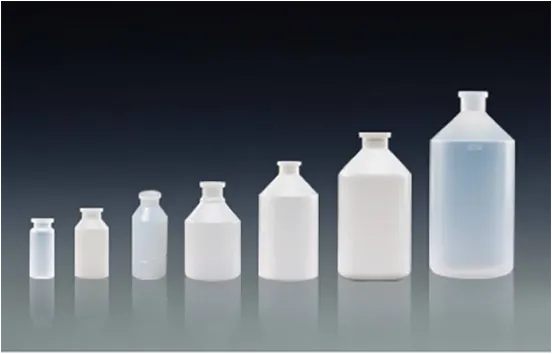Essential Equipment and Materials for Pathology Laboratory Operations and Investigations
The Importance of Pathology Lab Supplies in Modern Medicine
Pathology laboratories play a crucial role in the healthcare ecosystem, serving as the backbone for diagnosing diseases, monitoring patient health, and guiding treatment decisions. The efficacy and reliability of these laboratories hinge significantly on the quality and variety of pathology lab supplies they utilize. These supplies, ranging from basic consumables to advanced diagnostic tools, are essential for ensuring accurate, timely, and effective pathological analyses.
At the core of pathology lab supplies are essential consumables such as glass slides, coverslips, and reagents
. Glass slides serve as the fundamental platform for microscopic examination of tissue samples, while coverslips protect the specimens and provide a clearer view for pathologists. The quality of these consumables can directly affect the visibility of cellular structures, impacting a pathologist's ability to make accurate diagnoses.Reagents are another critical component in modern pathology. These chemicals, used in various tests, facilitate the staining, fixation, and preservation of tissue samples. For example, hematoxylin and eosin (H&E) staining is a standard technique used in histopathology to enhance the contrast of tissue samples under a microscope. The availability of high-quality reagents ensures that pathologists can detect various cellular abnormalities, which is essential for identifying conditions such as cancer.
In addition to consumables and reagents, pathology labs increasingly rely on advanced technologies, such as automated staining machines, imaging systems, and molecular diagnostics kits. These technologically sophisticated tools not only streamline laboratory workflows but also improve the precision of test results. For instance, digital pathology systems allow for the scanning and storage of slides, enabling pathologists to analyze images remotely and consult with peers, thus enhancing collaboration and second opinions.
pathology lab supplies

Moreover, the rise of molecular pathology has revolutionized the way diseases are diagnosed. Molecular diagnostic tests require specific sets of lab supplies, including DNA and RNA extraction kits, PCR (Polymerase Chain Reaction) reagents, and various assays for gene expression analysis. These supplies are vital for identifying genetic mutations and biomarkers associated with various diseases, offering more personalized and targeted treatment options for patients.
Quality control is another critical aspect of pathology labs, underscoring the necessity of reliable supplies. Calibration tools, control samples, and validation kits help ensure that tests performed in the lab are accurate and reproducible. Regular maintenance and validation of equipment alongside the use of high-quality supplies are essential for maintaining laboratory accreditation and meeting regulatory standards.
The sourcing and management of pathology lab supplies also present challenges. With the increasing complexity of tests and the need for rapid turnaround times, lab managers must prioritize the procurement of high-quality supplies from reputable vendors. This process often involves evaluating suppliers based on their reliability, compliance with industry standards, and ability to support the laboratory's specific needs.
In conclusion, pathology lab supplies are indispensable to the field of medicine, directly influencing the quality of diagnostic services provided to patients. From basic consumables to cutting-edge technologies, each component plays a pivotal role in ensuring that healthcare professionals can deliver accurate and timely diagnoses. As laboratories continue to evolve with advancements in technology and changes in healthcare needs, the importance of high-quality pathology lab supplies will only continue to grow, underscoring their significance in modern healthcare delivery. Investing in the right supplies is not merely a logistical concern; it's a fundamental aspect of providing patient-centered care and improving health outcomes globally.
-
Aesthetic Makeup Spray Bottles | Fine Mist Empty RefillableNewsAug.19,2025
-
White Plastic Veterinary Vaccine Vials | Lab Liquid BottlesNewsAug.18,2025
-
Plastic Medicine Liquid Bottle: Secure Flip Top Drug VialsNewsAug.17,2025
-
Durable 250ml Blue Plastic Vaccine Vial for Lab & Vet UseNewsAug.16,2025
-
Sterile Virus Sample Tubes: Secure & Reliable Specimen CollectionNewsAug.15,2025
-
White 250ml Plastic Vaccine Vial for Lab & Vet MedicineNewsAug.14,2025
























